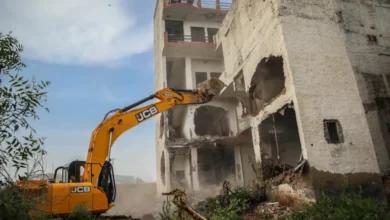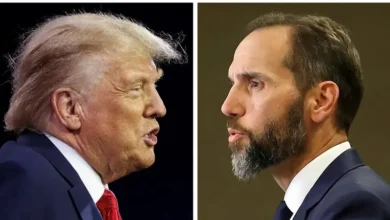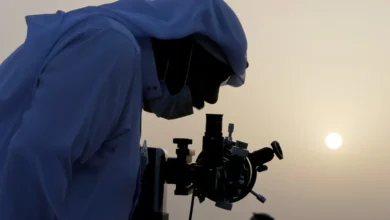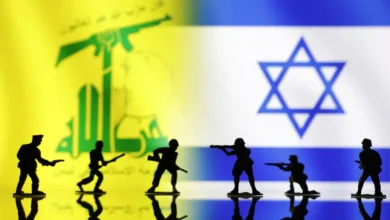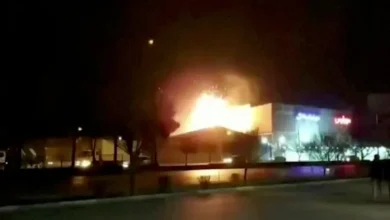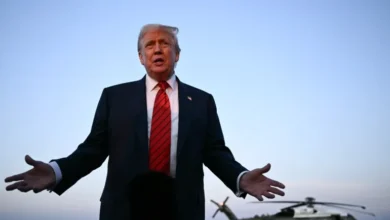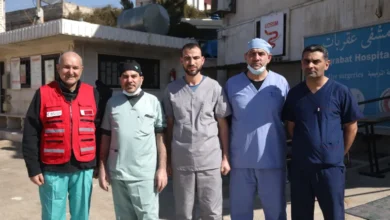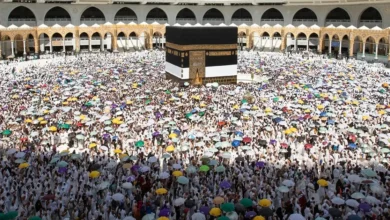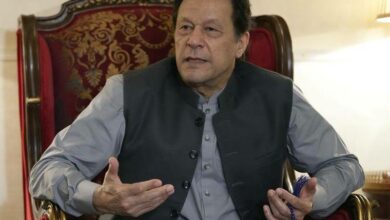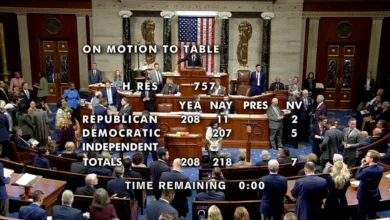Why would Israel and its allies fear the ICC?

Israel has long been accused of acting with impunity in the Palestinian territory it occupies, relying on support from the United States and the broader West to protect it from repercussions.
Yet a recent flurry of media reports out of Israel indicates that Israeli officials may be worried about the winds changing with the International Criminal Court (ICC) reportedly planning to charge top Israeli military and political figures with war crimes and crimes against humanity in Gaza.
Israeli media reports indicate that arrest warrants could be issued as soon as this week and that Israel has asked the US to pressure the court to not issue them. Al Jazeera has been unable to independently confirm the potential warrants.
The ICC has spoken to medical staff in Gaza about possible war crimes, according to the Reuters news agency on Tuesday, reviving discussion of possible warrants.
In March 2021, an ICC investigation of Israeli conduct in Gaza and the occupied West Bank and East Jerusalem since 2014 was launched under former ICC Prosecutor Fatou Bensouda.
In November last year, Bangladesh, Bolivia, Comoros, Djibouti and South Africa referred Israel’s conduct to the court again, resulting in current Prosecutor Karim Khan announcing that the ongoing investigation had been expanded to include violence since Israel’s latest war in Gaza began in October.
A month later, on a visit to the West Bank and Israel, he said the court would investigate crimes by both Israel and Hamas on and since October 7.
Why an investigation that has been under way for three years has caused such sudden concern within Israel has raised some questions.
Israel and the ICC
Israel is not a signatory to the Rome Statute, the treaty that established the ICC, and, as such, does not recognise its authority, and neither does the US.Normally, that would mean the court could not investigate Israel; however, its jurisdiction extends to crimes committed by a member state or on the territory of one of its member states, of which Palestine is one, having joined by request of the Palestinian Authority in 2015.
As such, the court has the power to investigate grave crimes and issue arrest warrants against anyone – including Israeli soldiers and officials – implicated in perpetrating atrocities in the West Bank or Gaza.
According to Israeli news outlets, Prime Minister Benjamin Netanyahu, Defence Minister Yoav Gallant and army chief Herzi Halevi could all be hit with arrest warrants in the coming days, which could significantly impact their political and military careers.
Netanyahu said last week on social media that Israel would “never accept any attempt by the ICC to undermine its inherent right of self-defense”.
“These two charges are the easiest to trace up to the senior leadership [of both parties],” said Adil Haque, a professor of law at Rutgers University in New Jersey.
Israel’s war on Gaza has killed nearly 35,000 Palestinians, left the enclave on the verge of famine and uprooted nearly all of the more than two million people who live there.
Israel has defended its conduct in the war under the pretext of self-defence after the Hamas-led October 7 attacks on southern Israel led to the deaths of 1,139 people and the capture of about 250.
Israel has since faced accusations of genocide at the International Court of Justice (ICJ), the highest United Nations court, which, like the ICC, is based in The Hague.
Experts believe ICC indictments could further undermine the legitimacy of Israel’s war on Gaza and complicate its exceptional relationship with European allies who are members of the Rome Statute.
“This would be a huge moment for the ICC itself, for Israel and just as importantly for Israel’s allies,” said Hugh Lovatt, a senior policy fellow and expert on Israel-Palestine with the European Council for Foreign Relations.
“It would clearly be seen as further stigmatising Israel … for its actions in Gaza.”
